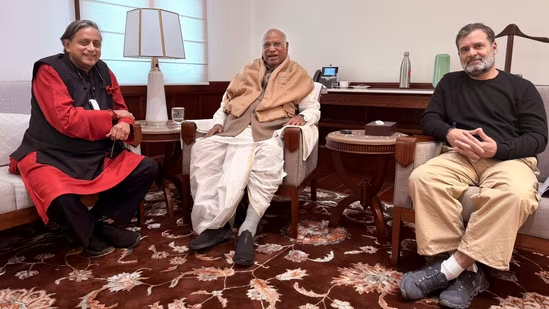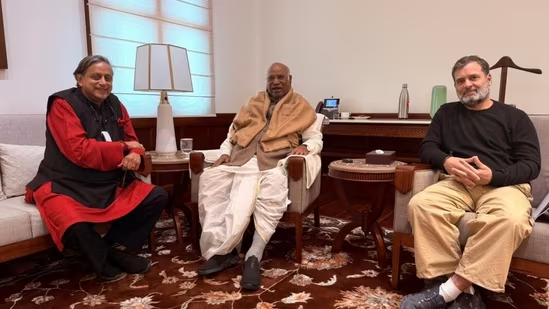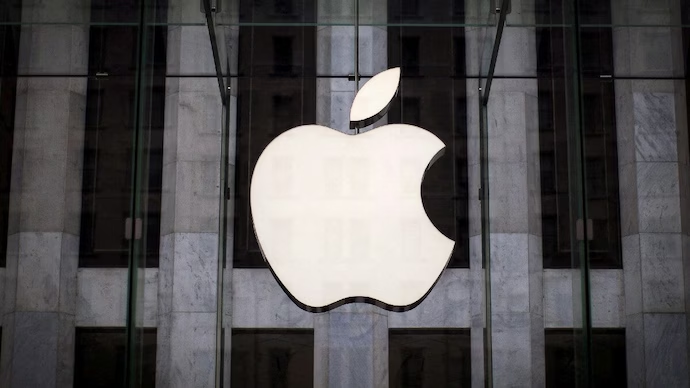Birthright citizenship: In a big relief to thousands of immigrants, a federal judge on Thursday blocked Donald Trump’s administration from implementing the president’s executive order curtailing the right to automatic birthright citizenship in the United States, calling it “blatantly unconstitutional”.
Seattle-based US district judge John Coughenour, appointed by Republican former President Ronald Reagan, issued a temporary restraining order at the request of four Democratic-led states—Washington, Arizona, Illinois, and Oregon. The decision blocked the enforcement of an order signed by Trump on Monday, his first day back in office, marking the first legal challenge to the hardline immigration policies central to Trump’s second term.
Donald Trump said he will challenge the ruling.
“Obviously we’ll appeal,” the US President said.
What judge John Coughenour said:
- “I am having trouble understanding how a member of the bar could state unequivocally that this order is constitutional,” the judge told a US Justice Department lawyer defending Trump’s order. “It just boggles my mind,” he added.
- “I have been on the bench for over four decades. I can’t remember another case where the question presented is as clear as this one. This is a blatantly unconstitutional order,” Coughenour said of Trump’s policy.
- Coughenour, 84, a Ronald Reagan appointee who was nominated to the federal bench in 1981, grilled the DOJ attorney, Brett Shumate, asking whether Shumate personally believed the order was constitutional.
- “Under this order, babies being born today don’t count as US citizens,” Washington state assistant attorney general Lane Polozola, referring to Trump’s policy, told the judge during the hearing.
Justice Department urged
- Justice Department lawyer Brett Shumate argued that Donald Trump’s action was constitutional and called any judicial order blocking it “wildly inappropriate”. But before Shumate had even finished responding to Polozola’s argument, Coughenour said he had signed the temporary restraining order.
- Shumate said the arguments the Trump administration is making now have never previously been litigated, and that there was no reason to issue a 14-day temporary restraining order when it would expire before the executive order takes effect.
- The DoJ later said in a statement that it would “vigorously defend” the president’s executive order, which it said “correctly interprets the 14th Amendment of the US Constitution.”
Birthright citizenship: What’s Trump’s order?
- Donald Trump’s executive order had directed US agencies to refuse to recognise the citizenship of children born in the United States if neither their mother nor father is a US citizen or lawful permanent resident.
- Under Trump’s order, any children born in the United States after February 19 whose mother and father are not American citizens or lawful permanent residents would be subject to deportation and would be prevented from obtaining Social Security numbers, various government benefits and the ability as they get older to work lawfully.
- The US is among about 30 countries where birthright citizenship — the principle of jus soli or “right of the soil” — is applied. Most are in the Americas, and Canada and Mexico are among them.
- The 14th Amendment was ratified in 1868, in the aftermath of the Civil War, to ensure citizenship for former slaves and free African Americans. It states: “All persons born or naturalized in the United States and subject to the jurisdiction thereof, are citizens of the United States and of the State wherein they reside.”
- Trump’s order asserts that the children of non-citizens are not “subject to the jurisdiction” of the United States, and therefore, not entitled to citizenship.
- Over 150,000 newborn children would be denied citizenship annually if Trump’s order is allowed to stand, according to the Democratic-led states.
- Since Trump signed the order, at least six lawsuits have been filed challenging it, most of them by civil rights groups and Democratic attorneys general from 22 states.
- The states argued that Trump’s order violated the right enshrined in the citizenship clause of the US Constitution’s 14th Amendment that provides that anyone born in the United States is a citizen.
(With inputs from Reuters, AP)






























